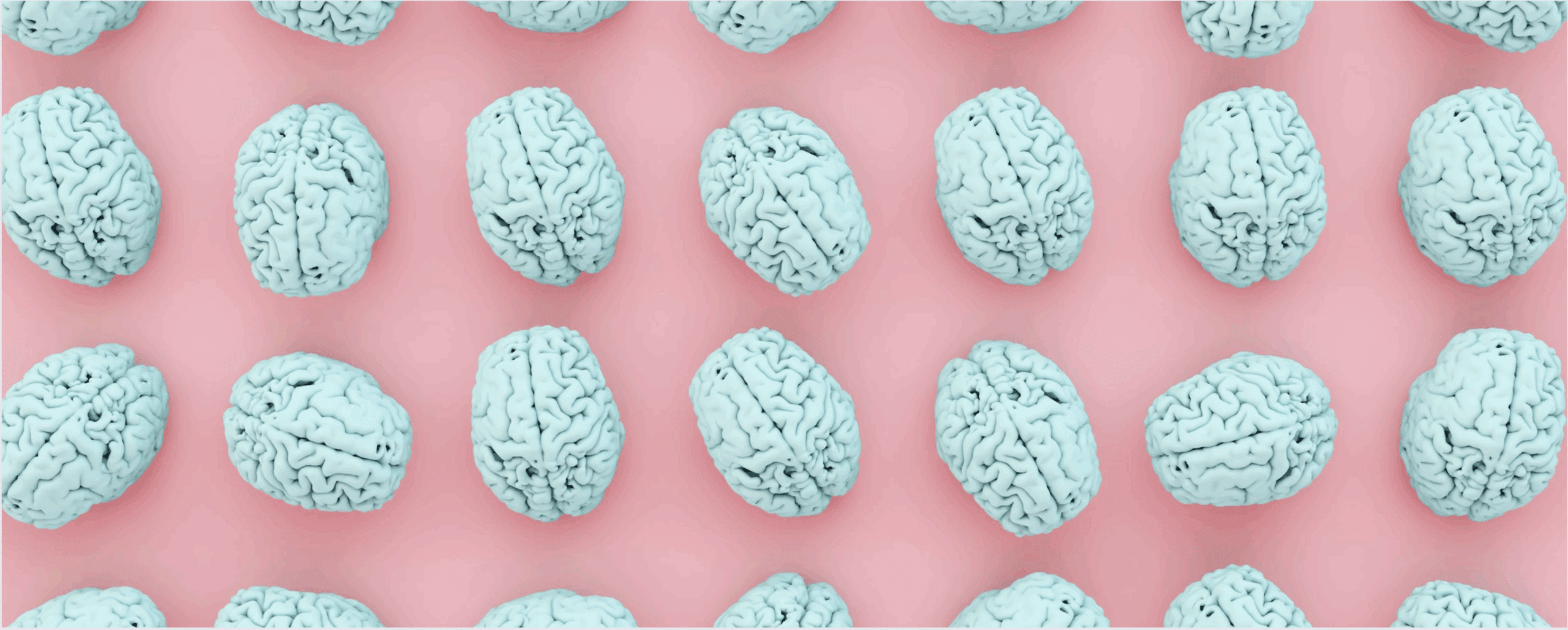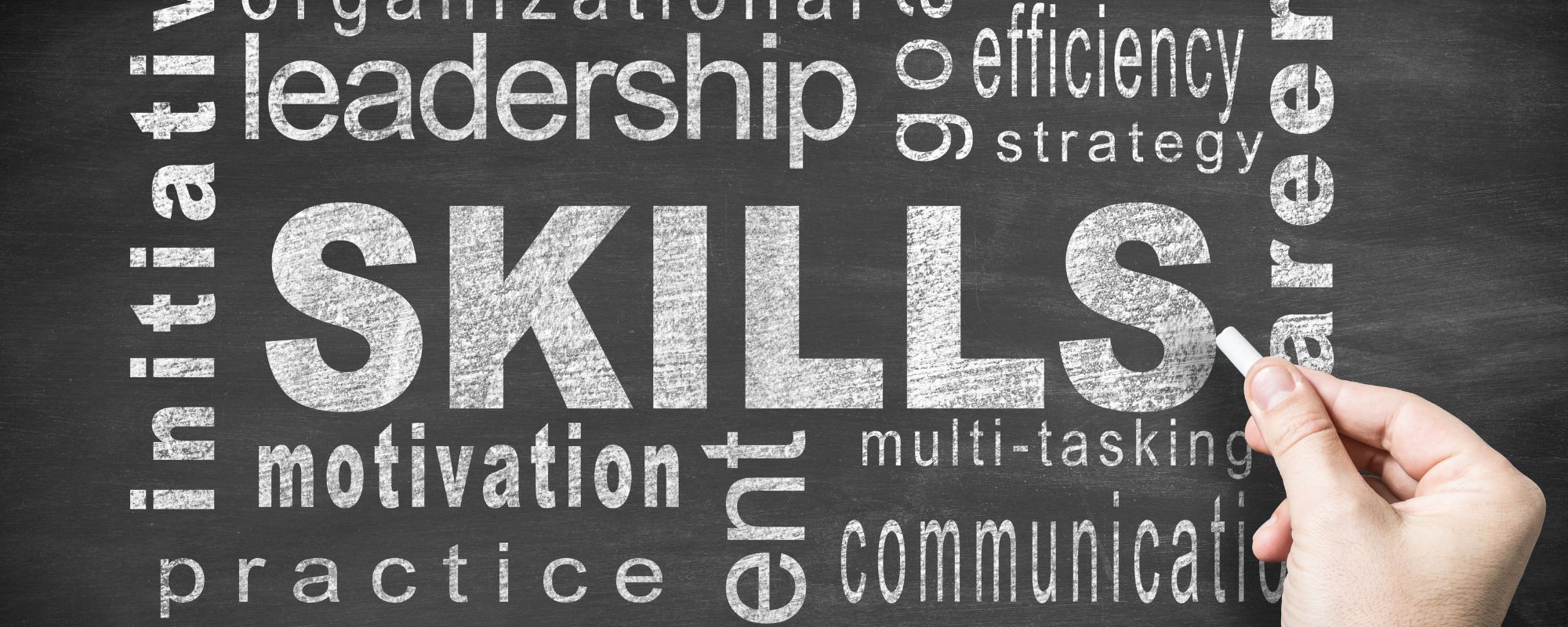Alcohol addiction is a serious and prevalent issue across the world, with millions affected in the United States. Alcohol addiction is classified as an alcohol use disorder when the right criteria are met. These include withdrawal symptoms when trying to quit, high tolerance, and an inability to stop. So, how long does it take to get addicted to alcohol? The answer is multi-faceted and needs to be looked at from a number of different considerations. Therefore, let’s discuss alcohol addiction, risk factors for developing a disorder, and the benefits of substance rehab.
What Is an Alcohol Use Disorder?
As mentioned, alcohol use disorder (AUD) is a medical disorder characterized by alcohol addiction. Notably, a person is unable to quit without outside help. Individuals with AUD have often reached the place where they understand their drinking is harming them and their relationships and goals. Yet, they are incapable of quitting drinking because of the way the substance has altered their brain chemistry over time. Alcohol triggers the reward system in the body. Eventually, your tolerance increases, so you must have more to function normally. Before long, you find yourself stuck in a cycle of dependence where you must keep consuming alcohol to prevent withdrawal symptoms.
When Does Drinking Become a Problem?
Drinking excessively over a long period of time can have catastrophic effects on your body and mind. The health effects of alcohol disorder can remain long after you become sober, but the sooner you get help, the better off you’ll be in the long run. Truly, drinking becomes a big issue when it seriously affects your life, but you can’t quit. Many people realize that their relationships, finances, responsibilities, and careers are struggling due to their addiction. Yet, they aren’t able to stop drinking, no matter how hard they try. This is because of the strong effect alcohol has on the brain. At this point, you require medical treatment to effectively overcome your addiction.
Signs and Symptoms of Alcohol Use Disorder
According to the Diagnostic and Statistical Manual of Mental Disorders, 5th Edition (DSM-5), the criteria for having AUD is meeting at least 2-3 of the 11 recognized symptoms. Although alcohol addiction looks different in every person, there tend to be common symptoms of AUD. The severity of the disorder is determined by the number of symptoms the individual experiences. Thus, 2-3 is considered mild, 4-5 is considered moderate, and 6-11 is severe. Additionally, the severity can increase over time. Some of the criteria include:
- Cravings
- Uncontrollable desire for more alcohol
- Drinking more than intended
- High tolerance
- Withdrawal symptoms
- Failing at obligations due to drinking
Is Alcoholism a Mental Health Issue?
Alcohol addiction can be considered a mental health issue, yes. Alcohol use disorders are mental disorders that can’t simply be overcome by willpower. Substance disorders alter both the brain and behavior of the individual. Notably, a person can’t quit drinking because their disorder has altered their brain to function better with alcohol than without. In fact, many of the psychological symptoms of alcohol use disorder overlap with the symptoms of behavioral and mood disorders.
How Long Does It Take to Get Addicted to Alcohol?
If you’re wondering how long it will take before you start developing an addiction to alcohol, the answer is complex. There are a number of risk factors that play a role in whether one develops an addiction and what the process looks like. It’s important to understand that addiction can happen quickly or slowly. In people with smaller body compositions, a lesser amount of alcohol will have a greater effect. Thus, if they consistently binge drink, their brain can develop a tolerance and then dependence quickly. In others, it can be a long-term process of heavy drinking, then alcohol abuse, and finally, alcohol dependence.
These risk factors can all play a role in the addiction timeline.
Genetic Factors
It must be remembered that genetic factors play a large role in the development of alcohol disorders. Some people have a higher susceptibility to developing certain illnesses, including AUD. Although environmental and situational factors can definitely drive someone towards drinking, genetic predisposition must be taken into account. In fact, between 50 and 60 percent of AUD vulnerability is inherited through genes. Some of the genetic predispositions that can lend to your relationship with alcohol abuse include metabolism, behavioral tendencies, and mental health.
Young People and Binge Drinking
Studies show adolescent drinking can increase one’s likeliness of developing an alcohol use disorder that stretches into adulthood. Because teenage drinking is often normalized and even considered a rite of passage, the possibility of early addiction remains high. Further, binge drinking is more likely in young people. Of the 12-17-year-olds who drank in the past month, half had at least one episode of binge drinking. Additionally, young adults aged 18-29 have the greatest rate of alcohol use disorder of all age demographics.
Co-Occurring Mental Health Issues
Co-occurring issues are ones that coexist in a person at the same time. It is possible to have co-occurring mental health issues, such as the existence of more than one mood or behavioral disorder. Further, it’s possible to have a mental illness and a substance use disorder (SUD) that are present together. In fact, co-occurring disorders often exacerbate each other. Sometimes, one leads to the other, such as how self-medicating a mental disorder can lead to alcohol addiction. Thus, if you have a mental health disorder, you have an increased risk of developing an SUD.
Get confidential help from our addiction and mental health treatment facilities located across the United States. Call to join one of our quality programs today!
Speak With Our Admissions TeamThe Cycle of Alcohol Addiction
Alcohol addiction is a chronic cycle of drinking, withdrawal, and dependency. Alcohol acts on the brain in a similar way to drugs. When a person drinks, alcohol targets three regions in the brain, which are responsible for the reward system, habit formation, and response to stimuli. Essentially, this means alcohol produces effects like euphoria, eased social interaction, relaxation, and less inhibition. The positive feelings have a strong pull on the brain to develop a drinking habit. Once the intoxication fades, the individual experiences painful withdrawal symptoms, like cravings, restlessness, achiness, and mood swings. The final stage of the addiction cycle is the preoccupation stage when the person needs more alcohol to counteract withdrawal. Understandably, a drinking problem is a severe issue when it escalates into alcohol dependence.
The Benefits of an Alcohol Rehab Center
Through alcohol rehab programming, you can finally find peace over your addiction by quitting drinking for good. At our professional treatment centers, clients learn the deeper reasons why they turn to alcohol. They practice implementing coping mechanisms to ensure they avoid relapse. Through a mixture of counseling, therapy, and medication assistance, you can finally achieve long-term sobriety.
Skilled and Experienced Treatment Specialists
Each member of our alcohol rehab team is knowledgeable about substance addictions and healing from withdrawal. Many of them have a personal testament to the healing power of substance abuse treatment. Further, they understand the complicated role family members and loved ones play in the addiction cycle. Often, codependency and alcohol abuse go hand-in-hand, making recovery more difficult. Our skilled medical staff can help bring healing to the whole family unit.
Medication-assisted Treatment for Alcohol Addiction
Some clients have medication-assisted treatment (MAT) included in their individual service plan (ISP). Medication can be a valuable short- or long-term treatment option to help reduce pain, withdrawal, and mental illness symptoms.
Evidence-Based and Holistic Therapies
Our comprehensive programming implements a mixture of evidence-based psychotherapy and holistic therapy. The combination of both approaches provides optimal healing because together, they treat the mind, body, and spirit.
Aftercare and Relapse Prevention
Our aftercare programming ensures no client is ever without a support system during the challenges of life. Even after clients graduate, we want them to stay as connected to the Aliya community as they want to be. As such, our aftercare program includes case management, peer support groups, family resources, and sober group activities. Additionally, we offer Sober Living housing for those who want to live in a halfway-style home with other sober peers as they return to normalcy.
Looking for quality treatment for substance abuse and mental health that’s also affordable? Aliya Health Group's treatment facilities accept most major insurance providers. Get a free insurance benefits check now!
Check Your CoverageWhat Is Alcohol Rehab Like?
Although alcohol rehabilitation treatment may sound daunting, the process is straightforward. Our facilities are welcoming, with state-of-the-art amenities, empathetic staff, and nutritious meals. Clients live in-center during the early stages of treatment before they graduate into outpatient treatment and aftercare. The exact alcohol recovery timeline depends on your care plan, which is tailored to your needs and goals. But here is what you can expect in each consecutive level of care.
Alcohol Detox
During alcohol detox, clients come into treatment with a current addiction, and many have substances in their bodies. The first step of treatment is detoxing the toxins that are keeping them dependent on alcohol. Typically, medical detox lasts between 4-8 days. Because withdrawal symptoms begin within the first 24 hours without alcohol, our medical staff can administer hydration, nutrients, and comfort medication.
Inpatient Alcohol Treatment
Once the client is sober in their body, they need to focus on their mental wellness to make sobriety a personal motivation. During inpatient treatment, clients live in our alcohol treatment center and attend daily therapy sessions to learn to adapt to their negative habits. Yet, we also provide flexible, fast-tracked recovery options for those who can’t live in-center due to obligations at home.
Outpatient Alcohol Treatment
Outpatient treatment is a more flexible level of treatment for those who have completed the inner healing work of inpatient rehab. Thus, outpatient rehab strongly focuses on preparing individuals to return to regular life as a sober person. Clients work with their case managers to achieve concrete objectives, such as job support, housing support, and long-term goal-setting.
Aftercare and Sober Living for Alcohol Abuse
Finally, our aftercare stage is the continuing level of care for graduates of our rehab programming. We believe ongoing holistic wellness is best achieved when you have a supportive community. Once you are a client of Aliya Health Group’s centers, you are a family member for life. You can reach out any time with questions or concerns.
How Do I Pay for Alcohol Rehab?
Paying for rehab is a common barrier to care that prevents people from seeking treatment. Often, they assume it isn’t feasible before they even explore rehab as an option. Rest assured, there are multiple payment options.
Using Insurance for Rehab
Fortunately, we are able to accept most major insurance providers to help pay for treatment. Your policy’s coverage will determine how much rehab will cost after your insurance kicks in. Our intake team can verify your insurance if you give us a call.
Private Pay
Even if you don’t have insurance, you can still attend rehab for your alcohol addiction through private payment. During your initial assessment, we can provide a service plan that outlines your exact costs, so you know how to budget.
What If I Don’t Have Health Insurance?
If you can’t afford the out-of-pocket costs, we can walk you through the funding options to help you afford treatment. Don’t let any barrier to care stop you from getting help. Please reach out today to reserve a spot.
- Alcohol Use Disorder: From Risk to Diagnosis to Recovery | National Institute on Alcohol Abuse and Alcoholism (NIAAA)
- Mental Health Issues: Alcohol Use Disorder and Common Co-occurring Conditions | National Institute on Alcohol Abuse and Alcoholism (NIAAA)
- Risk Factors: Varied Vulnerability to Alcohol-Related Harm | National Institute on Alcohol Abuse and Alcoholism (NIAAA)
- The Cycle of Alcohol Addiction | National Institute on Alcohol Abuse and Alcoholism (NIAAA)














